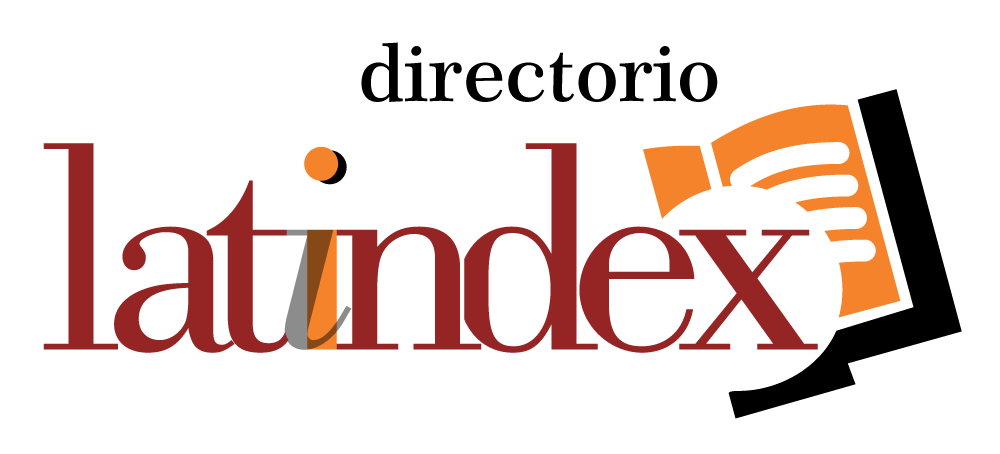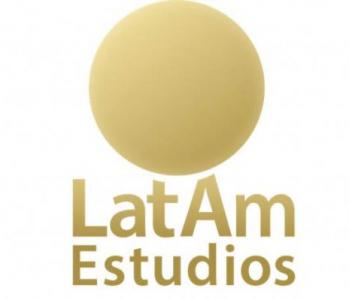Cuando la literatura cura: Una guía de lectura para Reading in the Dark (Deane, 1997)
Resumen
La literatura cura cuando, a través de la escritura, el autor intenta cerrar la herida causada por el trauma infligido por la condición colonial o por la aparente normalidad del canon literario. A los lectores les resta detectar las claves que les permitan descubrir la lógica mediante la cual el autor desea hacer las paces con su pasado. A esa empresa están dedicadas estas breves notas de investigación. Se propone una guía de lectura para Reading in the Dark de Seamus Deane (1997), novela contextualizada en la cruenta realidad de Irlanda del Norte anterior a los Problemas (1968-1998). Se sugiere que, a fin de revertir los efectos del trauma causado por esa situación, Deane construye su propia literatura menor (Deleuze & Guattari, 1978). Ubicada en las fronteras entre la autobiografía y la ficción, la novela puede ser abordada en términos de las categorías deleuzianas desterritorialización del lenguaje, articulación de lo personal y lo político, y mecanismo narrativo colectivo. Leídas al unísono, dichas características, ponen en juego, con una potencia no menor a las de las literaturas post-coloniales, las condiciones revolucionarias de una literatura menor y es allí donde, al decir de Deleuze (2006), yace la verdadera salud del escritor.
Palabras clave: literatura, literatura norirlandesa contemporánea, literatura menor, trauma
Abstract
Literature heals when, through writing, the author tries to close the wound caused by the trauma inflicted by either the colonial condition or the apparent normalcy of the literary canon. Readers are then enticed to detect the clues and the overall logics through which the author wishes to come to terms with his past. That is the intention of these brief research notes. A reading guide to Seamus Deane’s (1997) Reading in the Dark is suggested here. The novel is set in the harsh panorama of Northern Ireland before The Problems (1968-1998), and it is proposed that, in order to overcome the effects of the trauma derived from that situation, Deane (1997) designs his own minor literature (Deleuze & Guattari, 1978). Halfway between fiction and autobiography, the novel can be analized in terms of the Deleuzian categories deterritorialization of language, collective narrative mechanism, and articulation between the personal and the political. Read in tandem, those traits put at play, with no lighter strength than those of post-colonial literatures, the revolutionary conditions of a minor literature, and it is there where, according to Deleuze (2006), lies for the author its true health.
Key words: literature, contemporary northern irish literature, minor literature, trauma
Referencias
Caruth, Cathy. (2016). Unclaimed experience: Trauma, narrative, and history. Baltimore, MD: Johns Hopskins UP.
Bajtín, Mijail. M. (2002). Estética de la creación verbal. Bubnova, T. (Trad.). Buenos Aires: Siglo XXI. (Obra original publicada en 1979).
Deane, Seamus. (1997). Reading in the dark. Londres & Nueva York: Vintage.
Deleuze, Gilles. (2006). La literatura y la vida. Mattoni, S (Trad. Ed.) . Córdoba, Argentina: Alción. (Obra original publicada en 1993)
Deleuze, Gilles., & Guattari, Felix. (1978). Kafka: Por una literatura menor. Aguilar Mora, J. (Trad.). Madrid: Era, (Obra original publicada en 1975).
Eagleton, Terry. (1996). The illusions of postmodernism. Londres: Blackwell.
Hutcheon, Linda. (1988). A poetics of postmodernism: History, theory, fiction. Londres & Nueva York: Routledge.
Joyce, James. (1993). A portrait of the artist as a young man. Londres: Wordsworth. (Obra original publicada en 1916).
Lejeune, Phillipe. (1989). On Autobiography. Eakin, J. P. (Ed.). Leary, K. (Trans). Minneapolis, MN: Minnesota UP.
Yeats, William Butler. (1991). “Easter, 1916.” Sailing to Byzantium. Londres: Phoenix. (Obra original publicada en 1996).











